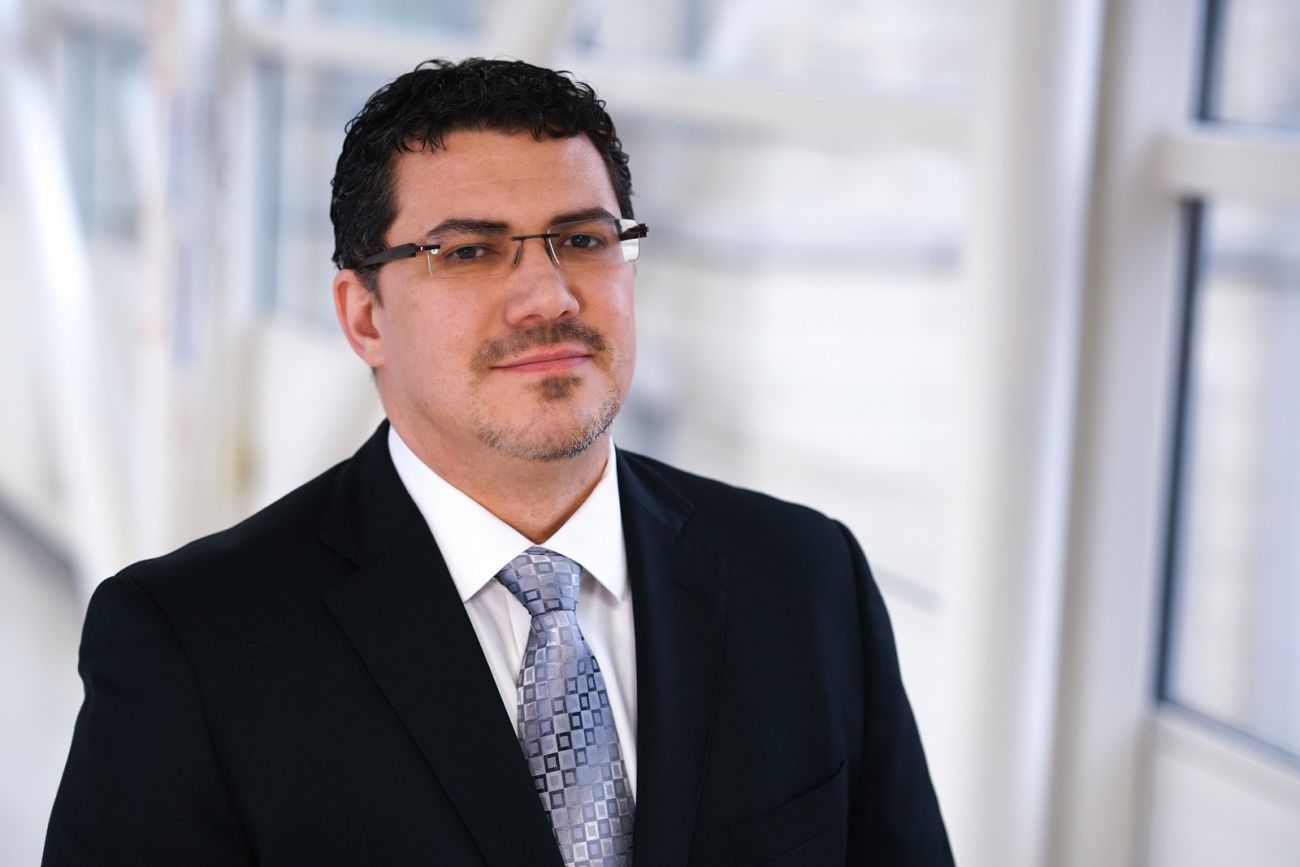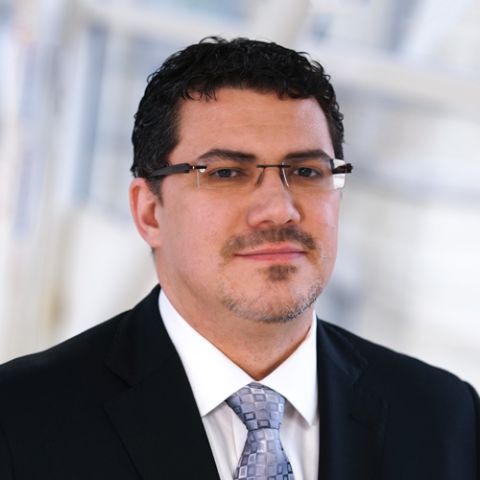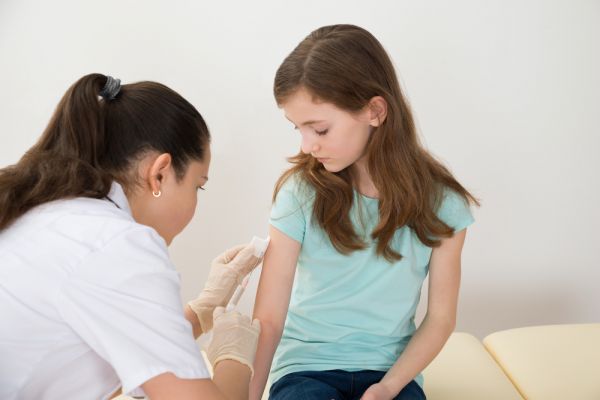Roswell Park Research Provides New Reasons for Getting HPV Vaccine
Research conducted at Roswell Park Comprehensive Cancer Center provides additional evidence of the advantages of getting the Gardasil® vaccine to protect against HPV (the human papillomavirus). Previously the vaccine was shown to be highly effective in preventing cervical, anal and genital HPV infections, warts and cancers, and the Roswell Park research shows that it protects against oral HPV infection as well.
This is important because HPV has been linked to most throat and mouth cancers in the U.S. The frequency of those cancers has increased more than 200% in the U.S. over the last few decades.
In the study, published in JAMA Network Open, Nicolas Schlecht, PhD, MSc, Department of Cancer Prevention and Control, found that vaccination appeared to significantly reduce the prevalence of HPV detected in the oral cavity of adolescent women who had been vaccinated.
The study team — which included researchers from Mount Sinai Adolescent Health Center and Albert Einstein College of Medicine — conducted its research over 10 years. They tested for HPV DNA in oral rinse samples collected from 1,259 adolescent and young adult women, ages 13-21, who were receiving care at Mount Sinai Adolescent Health Center in New York City.
The HPV Vaccine
Learn about the vaccine Gardasil®9, which protects against nine types of HPV.
Learn MoreCompared with participants who took part in the trials that originally led to approval of the vaccine, participants in this study became sexually active at an earlier age and had more sexual partners. Even so, the vaccine was found to be effective for them.
There are more than 140 types of HPV. Some, including types 6 and 11, cause genital warts. Types 16 and 18 are high-risk types that can lead to cancer. Detection of HPV types 6, 11, 16 and 18 in the oral cavity was 80% lower among adolescent and young adult women participating in the study who had received at least one dose of the quadrivalent HPV vaccine, compared to unvaccinated women. (The older quadrivalent vaccine protected against four types of HPV, while the current version, Gardasil®9, protects against nine types.)
“The study highlights encouraging progress on protecting against HPV-driven cancers, and offers additional evidence for general practitioners, pediatricians and gynecologists to continue giving the HPV vaccine to adolescents,” says Dr. Schlecht.
The Centers for Disease Control recommends that the HPV vaccine be given to all girls and boys ages 11-12; it can be given as early as age nine and through age 26. The U.S. Food and Drug Administration also recently approved use of the vaccine in people up to age 45.
“Continued research is needed to determine whether vaccination reduces the incidence and persistence of oral HPV infections,” Dr. Schlecht notes.


